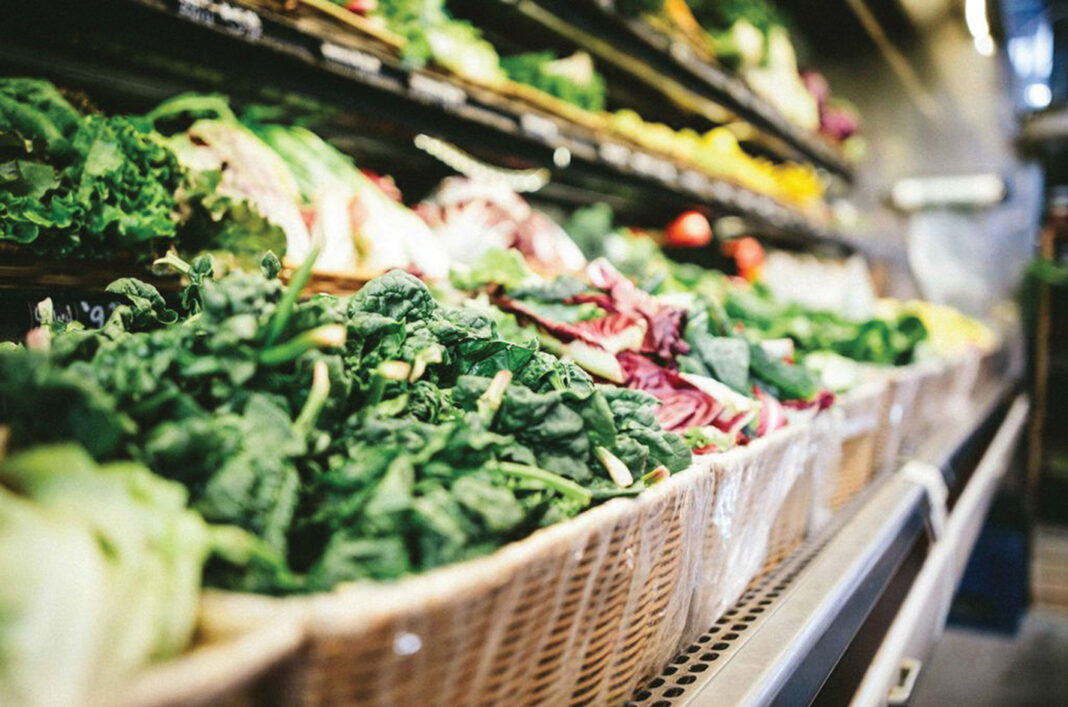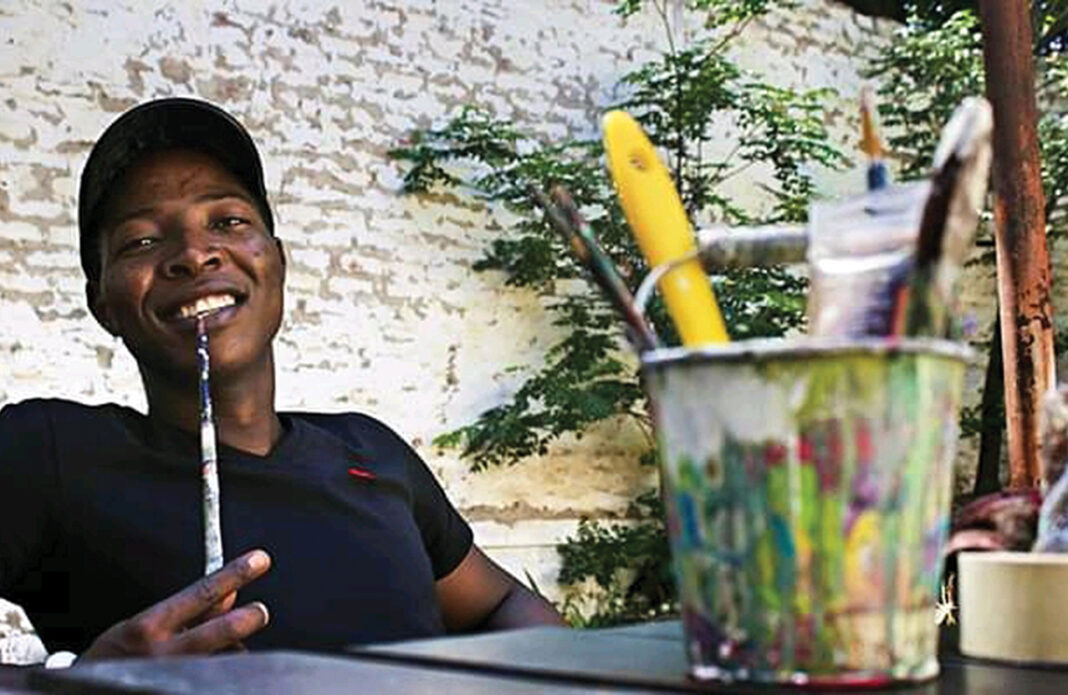By Kefiloe Kajane
With the ministry of small business, cooperatives and marketing having announced restrictions on importation of certain fresh produce, one of the leading local chain stores, Pick ‘n Pay, has given the quality of local agricultural products a stamp of approval.
This ministry recently announced that pending the available horticultural commodities produced by local agricultural enterprises, the ministry has decided to restrict importation of tomatoes, green beans, and peppers in an endeavor to facilitate market access for the selected fresh produce for a period of one month.
The move is an endeavor to facilitate market access for the selected fresh produce, namely tomatoes, green beans and peppers.
The national director of Pick ‘n Pay Lesotho, Samuel Mphana, told theReporter this week that they have always been buying from local farmers. He said, just like in any other business, this has its own benefits and shortcomings.
This move by Lesotho’s government has received widespread applause from a wide spectrum of society.
Local farming expert and academic, Setṧabi Setṧabi, described the measure long overdue, indicating that countries like Botswana have been doing it for a long while now and their model is succeeding.
Setṧabi pointed out these measures, nonetheless, need to be supported with relevant information to farmers on where they can get sell their produce and to buyers on where they can purchase the produce.
“Having said that government may have jumped the gun. There is a lot that needs to go into such decisions. Food is a strategic resource which all developed countries make sure they have strategic supplies of. However, there are several studies that need to be conducted before such decisions are made.
“There needs to be a proper value chain analysis that needs to be conducted. This would involve a market analysis – who are the buyers of the commodities, where are they located, what are the demand patterns. How much is consumed over what time, what specific product types are demanded by the market, etc. There should be strategic forecast studies – for how long will local supply be able to sustain the market demand.
“Other factors such as storage of surplus so that it can be supplied when the current supply is depleted. Phasing of production by farmers so that you do not find farmers producing the same thing at the same time. We need to produce the right products,” he said.
He went on to warn that, if not handle properly, it could easily end up in a situation similar to that of wool and mohair.
“Knowing this country, you may have another ‘John’ somewhere as a middleman which once again becomes extremely problematic.
“At least two preliminary studies were conducted by the world Bank. However, both studies identified numerous gaps that need to be filled, such as food storage for long term use. We need to produce the right products. There are issues of quality and standards. Lesotho is the only SADC country without a bureau of standards. And the list goes on. The simple question is, where do they do the testing of products?”
On the other hand, the ministry of trade and industry’s information officer Liahelo Nkaota, is adamant that the bureau of standards it is functional.
Nkaota said services like guiding businesses with regard to the required standards, and how to prepare their products for the market are already available at the ministry.
“It might not be all services that are currently provided, but I can safely say the bureau of standards is already functional.” she explained.
The minister of trade and industry Thabiso Molapo announced the operationalization of the Lesotho Standards Institution (LSI) in November 2020.
The LSI is a national standards body of Lesotho which is mandated to develop and publish national standards, carry out testing activities, certification and inspection services, conduct training to capacitate the industry and support public policy and regulations to protect society.









